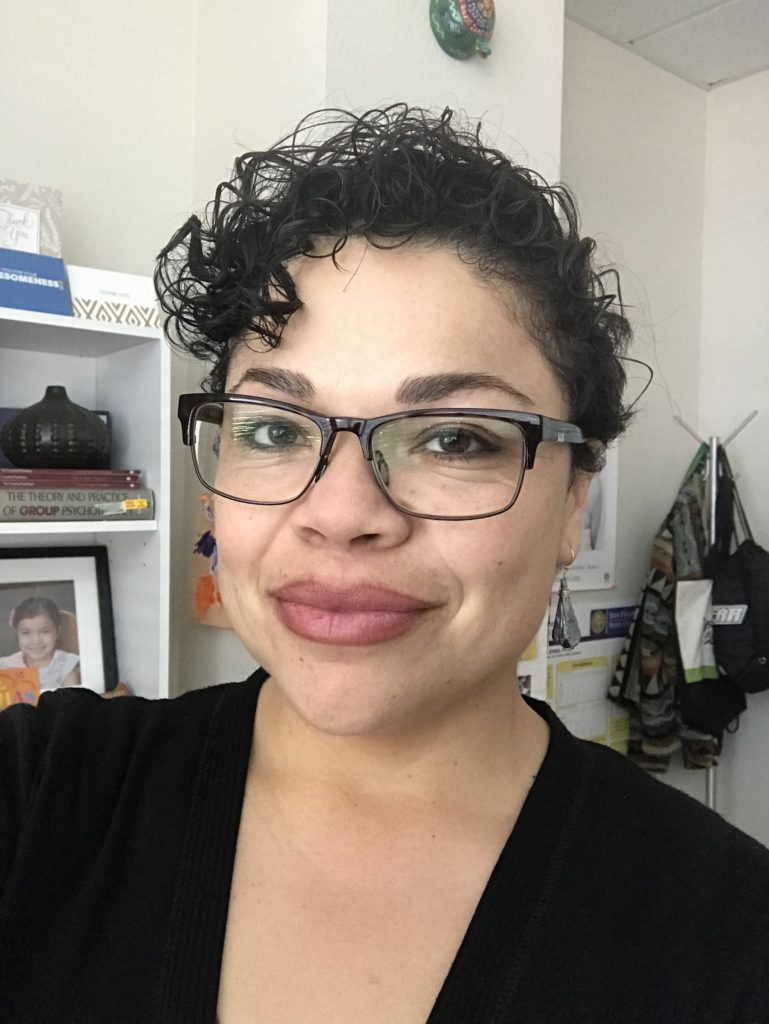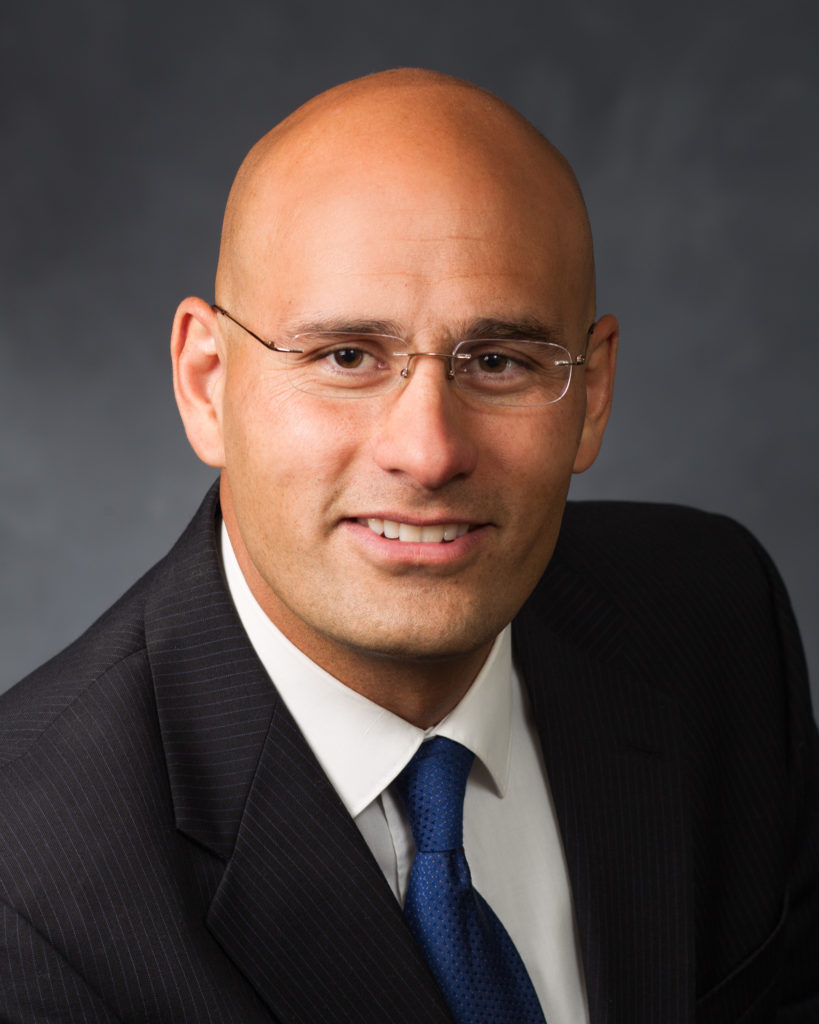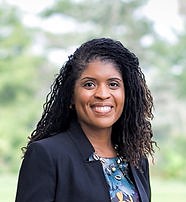Report of Division 45 Antiracism Committee
Alison Cerezo, Jeffery Mio, G. E. Kawika Allen, Nayeli Chavez, Bridgette Peteet, and Brandi Pritchett-Johnson
The Antiracism Committee was formed in response to requests from the listserv that Division 45 develop action steps in response to the recent killings of Black people including George Floyd, Breonna Taylor, Rayshard Brooks, and many others. While Division 45 members appreciated the statement against racism put out by the Executive Committee (EC), some members wanted to see some action steps beyond what Division 45 does normally in its charge to address issues of culture, race, and ethnicity.
The Antiracism Committee met on Friday, September 4, to discuss some steps that the EC could take in response to these requests. One of the ideas that emerged from this meeting was the need to support students and junior faculty of color who experience longstanding incidents of racism on college campuses. Through discussion, our committee created an action plan that includes two short-term and one long-term goals.
Short-term goal #1: The EC will put out a call to the division’s listserv asking for volunteers to form a “rapid response team” to help our members who are experiencing racism on their campuses. This rapid response team can brainstorm with those seeking assistance on solutions to address these incidents or to address the problem at the institutional level. We envision these rapid response teams to be comprised of four or five members, and if we receive a large number of volunteers, we could assemble regional rapid response teams. Creating regional response teams may be helpful since individuals from particular localities may be more aware of local issues that bear upon these schools or organizations as well as resources that may be helpful.
Short-term goal #2: The EC will issue a call to the division’s listserv asking for people who would like to be placed on a list of potential consultants who have experience intervening at institutional levels. This could be one of the resources that the rapid response team could use when brainstorming with the individual/s about solutions to address the racist incidents.
Long-term goal: The EC will identify Division members who have experience working with police departments and city planners to address the idea of reinvesting resources away from police departments and to mental health specialists. As we all know, the police are quite often called to handle issues of mental health, domestic violence, homelessness, etc. These are issues for which the police are not trained but mental health professionals are. We can support these individuals in their work with police departments and city planners more formally and even work with APA to develop national models of reinvesting resources.
Focus Fall 2020
- Editor’s Column
- Graduate Student Representative’s Column
- Healing the Wounds of Racial Trauma
- Introducing Division 45 Fellows
- Past President’s Column
- President’s Column
- Radical Healing during COVID-19 and Racism Crises
- Report of Chair of the Council of Past Presidents
- Report of Division 45 Antiracism Committee





